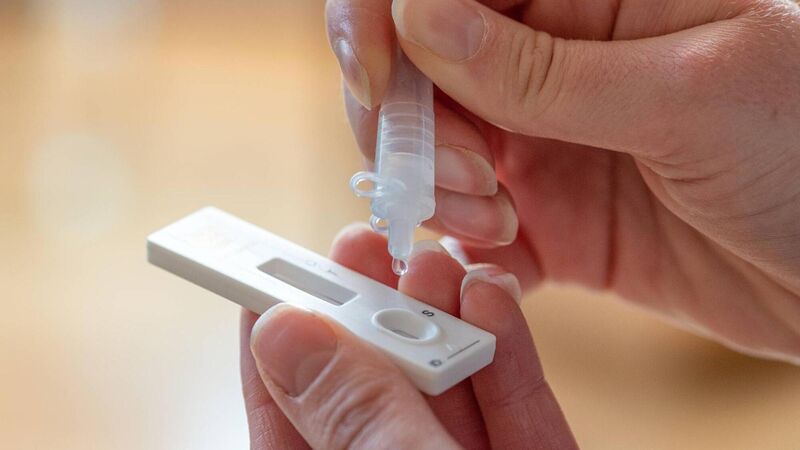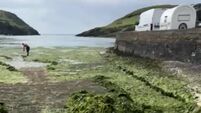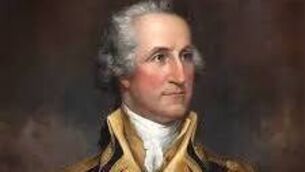Students and staff snap up more than 10,000 antigen tests at UCC

The tests were distributed to students from the Student Hub where the UniCov project, a SARS-CoV-2 rapid testing research programme in place across four college campuses, has a base.
More than 10,200 antigen tests were distributed at University College Cork (UCC) this week as students and staff headed home for Christmas.
Tests were distributed to students from the Student Hub where the UniCov project, a SARS-CoV-2 rapid testing research programme in place across four college campuses, has a base.













